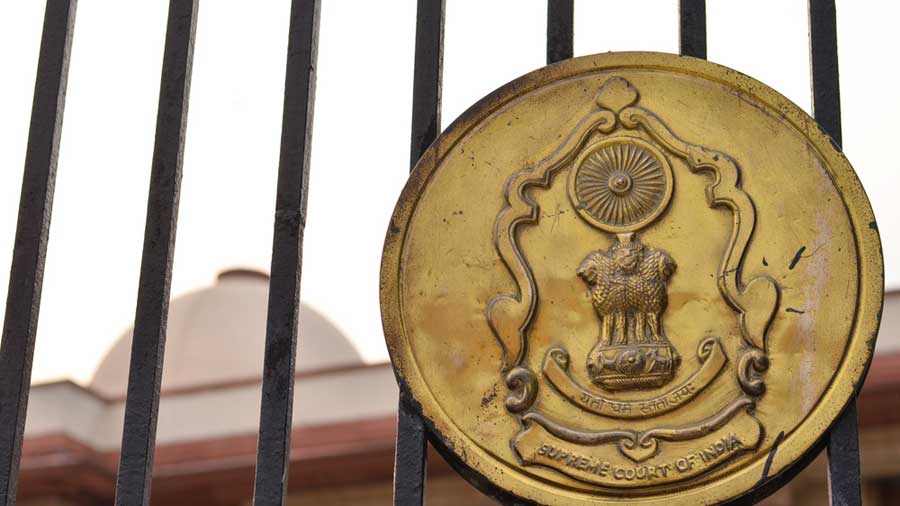Power operates in multiple ways. That is why the independence of the judiciary at all levels is of primary importance in the administration of justice. While hearing a plea that indicated how political connections and money may create pressure on a trial court, the Supreme Court emphasized that the lower courts provided the first line of defence for the civil liberties of the accused, the wronged and of civil society. As the initial interface between citizens and the law, their independence was crucial to the integrity of the entire system as well as in preserving the public’s faith in the judiciary. The reported pronouncements of the Supreme Court articulated one of the most troubling issues afflicting justice delivery in India. The ‘colonial mindset’ regarding the district judiciary that the Supreme Court referred to affected the people too: they seldom laid store by judgments of the lower courts, as though taking for granted that they would have to pursue justice up the ladder to higher courts, perhaps to the highest one. This loss of trust was the result of a duality underlying the system; the Supreme Court put it incisively in its reported statement that there could not be one system of justice for the rich and resourceful and another for those without resources.
The Supreme Court’s description of the ‘appalling conditions’ under which trial judges work included the lack of infrastructure as well as the lack of protection that made them targets when they stood up for what was right. Their independence was contingent on their freedom from political pressure and other considerations; the fact that high courts decided on transfers and postings was one such. In effect, the Supreme Court was deploring the hierarchy within the system besides external pressures. This rounded perception of the hurdles lower courts faced in delivering justice freely must be honoured. To make it meaningful, the entire justice machinery, including the law enforcers, must commit to a change of attitude and function. Equally important would be an environment conducive to fearless adherence to the Constitution and the principles of justice and civil liberties, including practices of arrest, detention and bail. For the district judiciary to function independently and impartially, the higher courts, too, would have to ensure that none of their rulings impinged on civil liberties.











